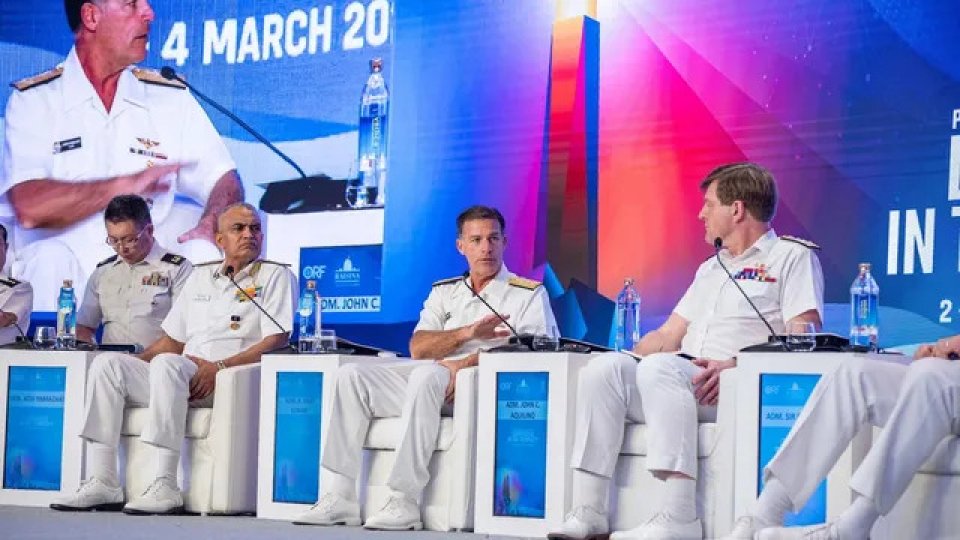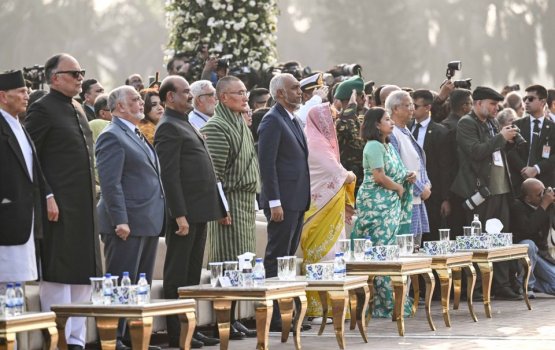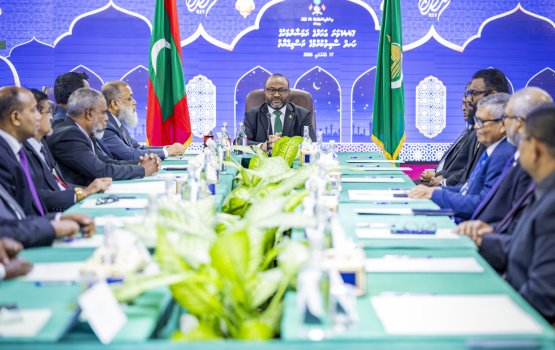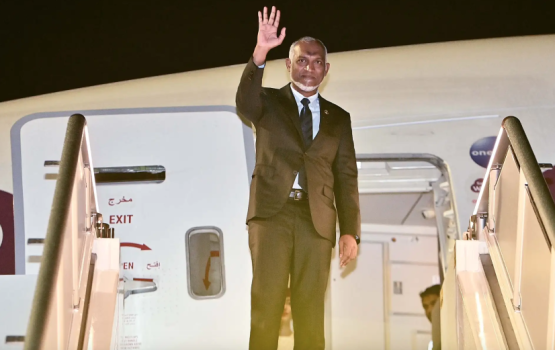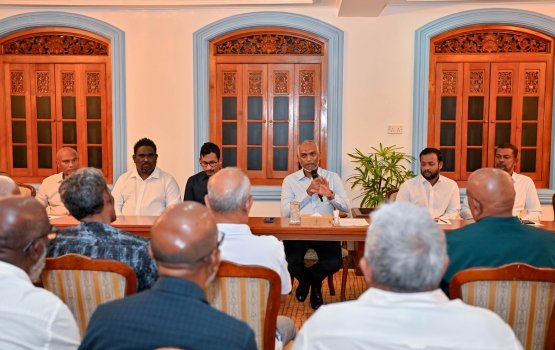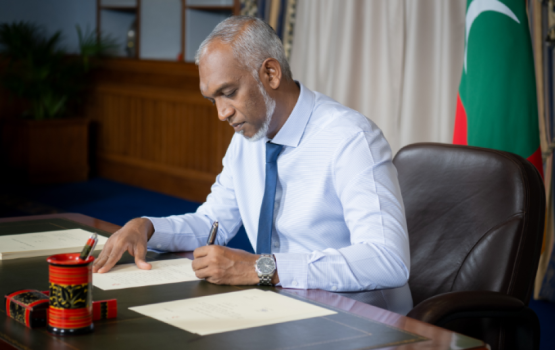India's high-profile conference on geopolitics and geo-economics, the Raisina Dialogue, is set to convene its 9th edition from February 21 to 23.
According to the Ministry of External Affairs, the conference is dedicated to tackling pressing issues confronting the global community, will witness the inauguration by Prime Minister Narendra Modi.
The global geoeconomic and geopolitical landscape is undergoing a massive change characterized by rising global security concerns, prolonged wars, and an increasing need to reform multilateralism.
The situation is further aggravated by the risks of deglobalisation,growing global health, energy, and environmental equity concerns, and the rise and misuse of unregulated spaces like AI. Such concerns need an immediate and collective response and cooperation from the global community, with a multi-stakeholder approach, including policymakers, government officials, private sector media, and academicians.
One of the platforms for such collaboration is being organized in India, named “Raisina Dialogue 2024”, under the aegis of the think tank Observer Research Foundation and the Ministry of External Affairs of India.The theme and agenda of the Raisina Dialogue hold high relevance in the current context.Therapidly evolvinggeopolitical and geoeconomic developments need to be acknowledged, understood, and assimilated, and collective solutions need to be sought that provide mutually beneficial solutions to the global north as well as global south.
Raisina Dialogue provides an opportunity for global leaders from various politics, business, media, and policy spaces come together to address the contemporarydiscourse on global development. The theme for Raisina Dialogue focuses on the current global context, which is marred by ongoing conflicts and calls for an urgent need for cooperation and creative solutions. The present geopolitical and geoeconomic conditions are not less than a battlefield, and hence, the name given to the theme is Chaturanga, a Sanskrit word for battlefield strategy becomes highly relevant. Just like a battlefield strategy involves 4Cs: conflict, contest, cooperation, and creation, the current global realities need to be seen with the same lens and tackled like how one makes a winning strategy on the battlefield.
With a three-day discourse on global geoeconomics and politics, which begins on 21 February 2024, India intends to draw the world's attention toward six main pressing issues that are globally relevant and require global cooperation and collective action. First is the concern with the technological revolution, including AI and quantum computing, that has led to disruption in the industries and threatens to shake the nation’s stability and security as well. Thus, through this platform, India intends to attract the attention of stakeholders toward possible impacts, future readiness, and scope of regulations in the field of AI and other technological advancements. Second, an important concern India poses relates to the rising deglobalization tendencies, unfolding with the need for climate finance and the energy needs of the Global South. India seeks solutions to environmental issues by increasing the role of the private sector and reducing the impact of deglobalization on climate financing. Thirdly, India seeks to address the discourse on the disruption of peace in the Middle East, Afghanistan, and the Russia-Ukraine war, along with new technological advancements used by terrorists like 3d printing, and the resulting impact on democracy and power balance across states.
In its pursuit of multilateralism and interests of the Global South, India, through this platform, intends to ensure that international organizations become more representative of the current world realities and rising powers and thus challenge the established “core-periphery” distinctions and power distance. Thus, the Dialogue is an opportunity to strengthen the voice of the Global South, andensure the crystallization of the Global South identity, and explore new forms of North-South partnership.
India also intends to use the Dialogue as a platform to invite cooperation for development by private sectors, the scope of the digitalized economy, and access to affordable energy sources, especially for the Global South, along with exploring partnerships for trade links between Indo-Pacific and the Atlantic-Mediterranean zones.
India’s efforts at the Raisina Dialogue are, in essence, in continuum to its efforts at other global platforms like the G20 summit and Voice of Global South Summit 2023, along with its role in other platforms like the BRICS, World Sustainable Development Summit,and COP28. Raisina Dialogue, through its chosen theme, is an attempt to further India’s overarching goal of global justice, transparency, and conflict resolution in all political, economic, environmental, and social dimensions.
The themes chosen for the conference reek of strict urgency and ask for immediate collaboration.Thus, the 9th edition of Raisina Dialogue, with representation from various regions of the world, including the Balkans, Africa, Middle-east, Scandinavia, Western Europe, the US, central and south America, East and South Asia, including political leadership, academicians, industry experts, and civil societies is an exceptional opportunity to engage with the multi-narrative world to dive in for collective efforts and sustainable solutions.Raisina Dialogue is a chance to acknowledge the various multi-dimensionality of global challenges,ask pertinent questions regarding their impact on nations and explore the ways to find solutions to the common threats, and identify common, mutually beneficial opportunities. India, through this platform and the theme Chaturanga, is bound to further its role in establishing a pluralist world with strengthened multilateralism and global peace.

